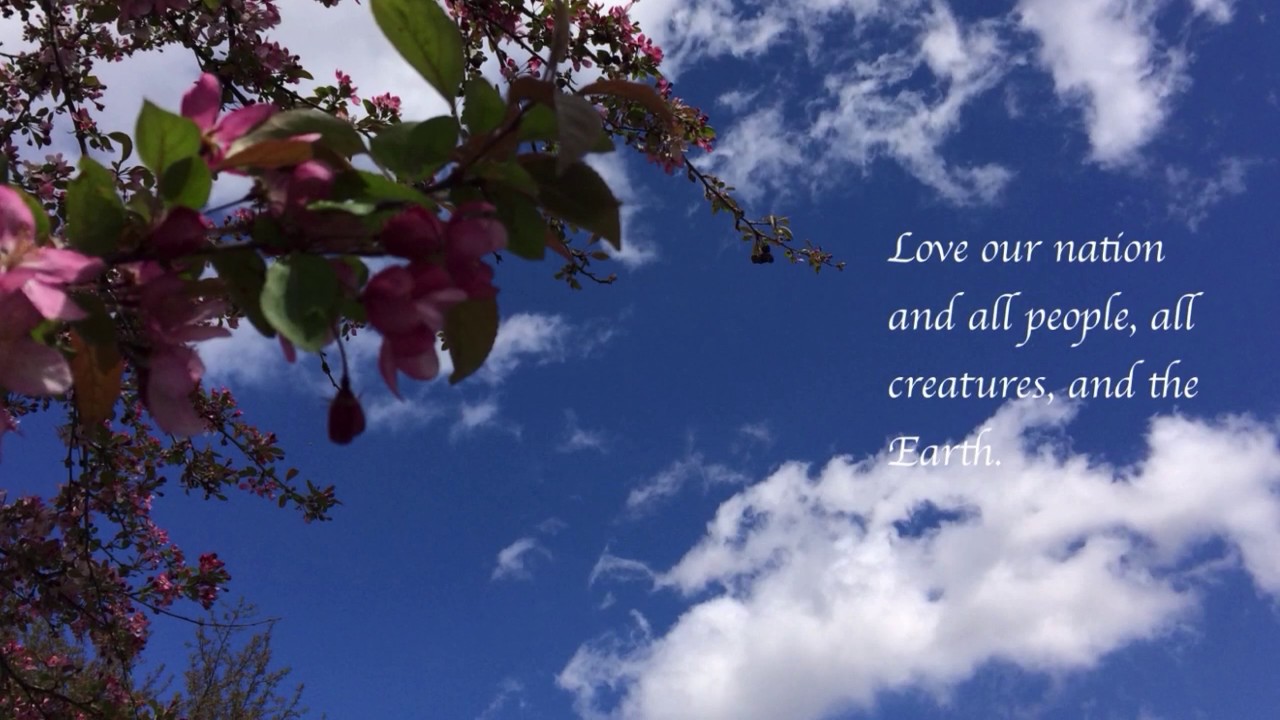This video includes a song I wrote based on the opening line of Psalm 130. I believe we can expect to find peace only if and when we ensure justice for all our people. On June 15, 2020, the National Memorial for Peace and Justice in Montgomery, Alabama, will reopen after shutting down due to the Covid-19 virus. In light of the killing of George Floyd and the many protests that have followed, this summer, if we take proper precautions, might be a time to visit this outdoor site and ponder its somber message.


